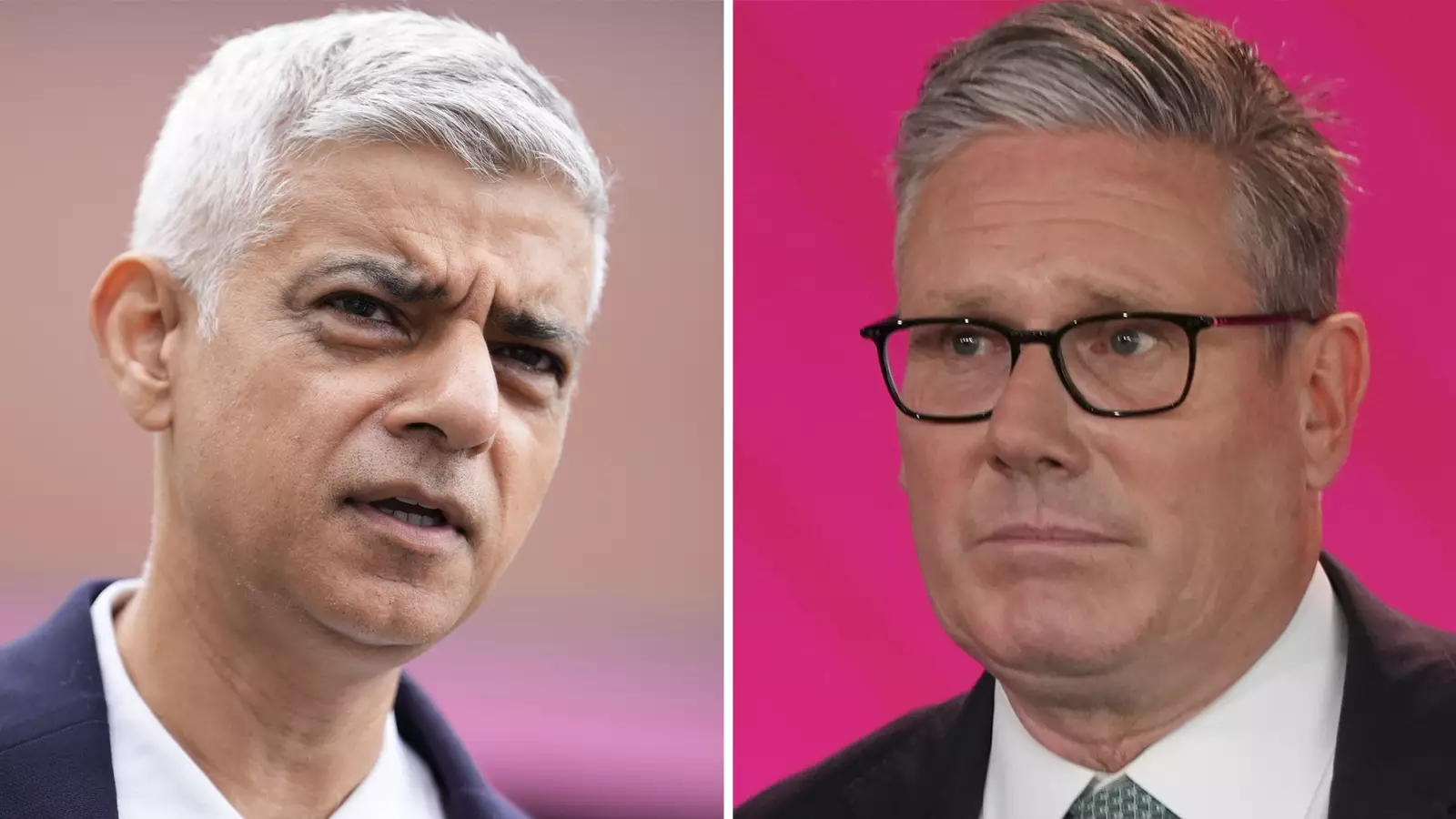In an unprecedented move, London’s mayor Sir Sadiq Khan openly characterized the situation in Gaza as a “genocide,” diverging sharply from the UK government’s cautious rhetoric. This candid declaration signals a crucial shift in acknowledging the severity and moral urgency of the crisis. It reflects a broader frustration that the international community has been slow to confront, hinting at a growing impatience among progressive voices that call for decisive action rather than diplomatic equivocation. While political leaders often prefer to tread carefully, fearing accusations of bias or escalation, such frankness injects necessary clarity into a complex conflict. It compels us to question whether hesitation in labeling acts as genocide impedes justice and prolongs suffering. Recognizing the reality on the ground is a moral imperative; the longer the international community hesitates, the deeper the wounds become, and the more difficult the path toward genuine peace becomes.
The Political Tug-of-War: Recognition, Diplomacy, and Influences
The geopolitical chess game surrounding Palestine and Israel reveals stark divisions, especially among Western powers. Prime Minister Keir Starmer’s strategic decision to delay recognizing Palestinian statehood until after Donald Trump’s visit underscores political pragmatism intertwined with external pressures. While such delays may seem like cautious diplomacy, they also expose the contradictions within liberal governments — committed to human rights in rhetoric but cautious in action when political interests are at stake. The UK’s position, somewhat ambiguous and hesitant, reflects the complex balancing act of maintaining alliances—particularly with the US—while upholding international legal standards. It raises a fundamental question: should moral clarity take precedence over diplomatic convenience? The tendency to defer recognition for fear of offending powerful allies dilutes the very liberal principles of justice and human rights that many claim to uphold. This approach, inherently, risks becoming a form of moral capitulation, allowing realpolitik to overshadow genuine concern for Palestinian lives.
Rhetoric and Reality: Labels That Condemn and Divide
The advocacy for calling the Gaza situation genocide has been met with sharp resistance, primarily from Israel and its allies, who insist that such labels are premature or politically motivated. Yet, the UN’s findings that Israel’s actions could meet the criteria for genocide cannot be dismissed outright. Denial or hesitance to recognize such atrocities perpetuates a dangerous silence, enabling a narrative that dismisses Palestinian suffering as something less than grave. From a moral perspective grounded in compassion and justice, avoiding such terminology risks dehumanizing Gaza’s inhabitants and allowing atrocities to continue unchallenged. Conversely, critics argue that such labels could escalate conflict and entrench divisions. However, this critique overlooks the necessity of confronting uncomfortable truths forthrightly. Using precise, morally charged language forces the international community and political leaders to confront reality rather than hide behind euphemisms or diplomatic silence.
Progressive Voices and Moral Responsibility in a Divided World
A range of opposition figures, from the Green Party to the Liberal Democrats, have vocalized their support for recognizing Gaza as a genocide. This surge signifies a shift among liberals and progressives who believe that justice is inherently linked to moral clarity — that silence in the face of mass violence is tantamount to complicity. Their stance challenges the often-centrist approach of cautious diplomacy, emphasizing instead the urgent moral responsibility to stand with the oppressed, regardless of powerful geopolitical pressures. Their willingness to confront difficult truths pushes the conversation beyond political spin and towards a genuine ethical reckoning. As international actors deliberate over recognition and intervention, the voices seeking to label and confront genocide should be a moral compass warning us against complacency. It reminds us that real justice often demands uncomfortable honesty and a willingness to challenge the status quo.
The Danger of Euphemisms and the Path Toward Justice
In debates about Gaza, the reluctance to officially categorize the violence as genocide stems from fears of escalating conflict and complicating diplomatic relations. Yet, avoiding the term does not erase what is happening; it only dilutes accountability and prolongs the suffering of innocents. Recognizing genocide is not about politicizing tragedy or fueling conflict but acknowledging the gravity of the situation and mobilizing meaningful intervention. The clash between legal definitions and political narratives reveals a troubling tendency to prioritize diplomacy over human dignity. True progress demands clarity—calling atrocities what they are and refusing to be silenced by diplomatic taboos. If the West continues to waffle and deny the reality of Gaza’s suffering, it risks emboldening those who deny justice altogether, fostering a world where injustice is tolerated rather than challenged.
In confronting Gaza’s crisis, the most vital—and dangerous—step is speaking truth to power. Labels like “genocide” should not be dismissed out of fear but embraced as moral imperatives to act decisively and justly. Anything less will condemn future generations to ask why we chose silence over justice.


Leave a Reply